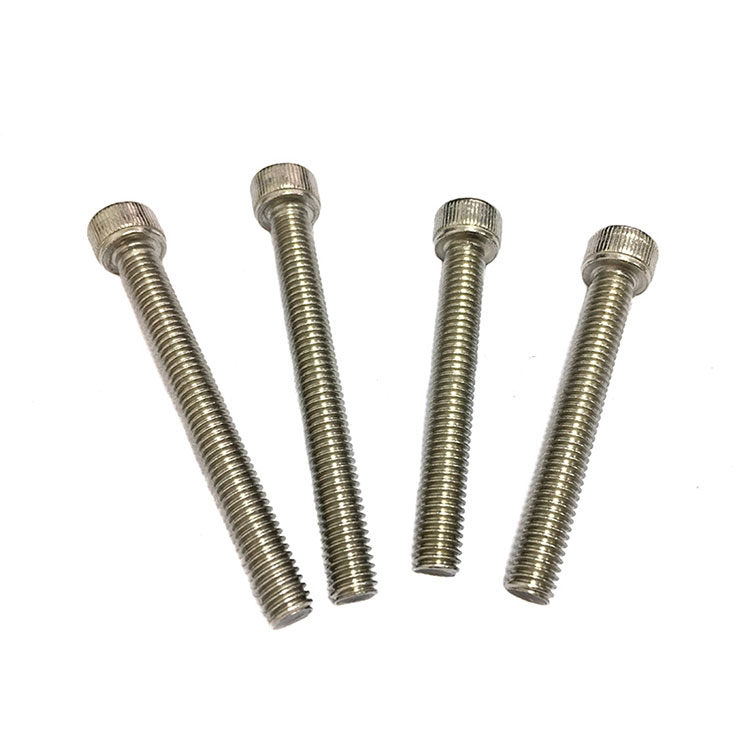Bolting Brilliance: The Advantages of Stud Bolts in Specific Applications
2023-12-05
Introduction:
In the world of fasteners and industrial applications, stud bolts stand out as versatile and reliable components. These threaded rods, with threads on both ends, find their utility in various settings due to their unique design and advantageous features. In this blog post, we will explore the benefits of using stud bolts in specific applications, shedding light on why they are the preferred choice in certain industries.
1. Exceptional Strength and Durability:
- One of the primary advantages of stud bolts lies in their robust construction. Typically made from high-strength materials such as carbon or alloy steel, stud bolts offer exceptional tensile strength and durability. This makes them well-suited for applications that demand reliability and longevity.
2. Ease of Installation:
- Stud bolts are designed for easy installation. Their threaded ends allow for straightforward assembly, and they can be tightened with the use of nuts on both ends. This simplicity in installation reduces labor time and ensures efficiency in various industrial processes.
3. Enhanced Load Distribution:
- The double-threaded design of stud bolts allows for an even distribution of load across the entire length of the bolt. This feature is particularly beneficial in applications where maintaining uniform stress and load distribution is critical, promoting stability and preventing localized stress concentrations.
4. Simplified Alignment in Flange Joints:
- Stud bolts are often used in flange joints, where precise alignment is crucial. The threaded ends of stud bolts enable accurate positioning during installation, contributing to the alignment of flanges and ensuring a secure connection. This feature is especially advantageous in industries such as petrochemical and oil and gas.
5. Effective Sealing in Gasketed Joints:
- Stud bolts play a pivotal role in creating reliable and leak-free connections in gasketed joints. The ability to tighten nuts on both ends ensures that a compressive force is evenly applied to the gasket, promoting effective sealing. This is essential in applications where fluid containment is a priority, such as in pipelines and pressure vessels.
6. Facilitates Dismantling and Maintenance:
- Stud bolts are designed to simplify dismantling procedures and maintenance tasks. With nuts on both ends, disassembly is straightforward, allowing for efficient access to components for inspection or replacement. This ease of maintenance is particularly valuable in industries where downtime must be minimized.
7. Customizable Lengths:
- Stud bolts are available in various lengths, and their design allows for customization based on specific application requirements. This adaptability ensures that the bolts can be tailored to fit diverse industrial settings and accommodate varying thicknesses of joined components.
8. Suitable for High-Temperature Applications:
- Certain stud bolts are engineered to withstand extreme temperatures. Heat-resistant materials and coatings can be applied to stud bolts, making them suitable for applications in industries such as power generation and aerospace, where high temperatures are prevalent.
Conclusion:
Stud bolts stand as unsung heroes in the realm of fasteners, offering a range of benefits that make them indispensable in specific applications. From their robust construction to ease of installation and versatility, stud bolts play a crucial role in ensuring the integrity and efficiency of industrial processes. As industries continue to evolve, the enduring popularity of stud bolts highlights their enduring value in the world of engineering and construction.



